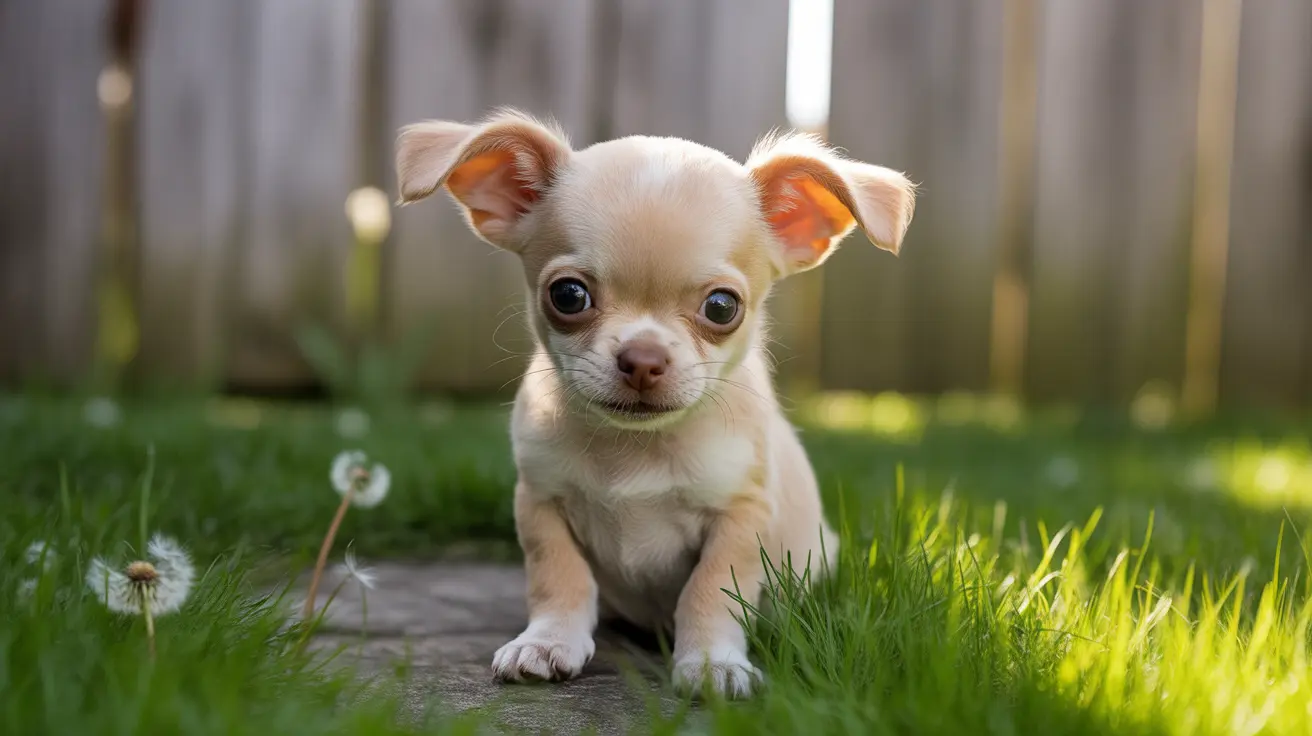If you're a new puppy parent, you might be surprised—and perhaps a little concerned—by how frequently your furry friend needs to go number two. The good news is that frequent pooping is typically normal for puppies, though understanding the patterns and knowing what's healthy can help ease your mind.
In this comprehensive guide, we'll explore why puppies poop more often than adult dogs, what's normal at different ages, and when you might need to be concerned about your puppy's bathroom habits.
Normal Puppy Pooping Patterns by Age
Puppies go through distinct developmental stages that affect their bathroom frequency. Here's what you can expect:
Newborn to 8 Weeks
Very young puppies need to eliminate frequently—often after every meal. Newborns may poop 8-12 times daily, while puppies aged 4-8 weeks typically go 4-6 times per day as they begin transitioning to solid food.
2 to 6 Months
As your puppy grows, their digestive system matures. Two to four-month-old puppies usually poop 3-5 times daily, while four to six-month-olds typically go 2-4 times per day.
6 Months and Beyond
Around six months, most puppies settle into an adult-like schedule of 2-3 bowel movements daily, though individual patterns may vary based on size, diet, and activity level.
Why Do Puppies Poop So Frequently?
Immature Digestive System
Puppies have developing digestive systems that process food more quickly than adult dogs. This rapid digestion, combined with their frequent feeding schedule, naturally leads to more frequent bowel movements.
Diet and Feeding Schedule
Puppies typically eat 3-4 times daily, and each meal stimulates the gastrocolic reflex, triggering a bowel movement. Changes in diet or eating too much can also increase pooping frequency.
Physical Activity
Exercise stimulates bowel movements in puppies. You might notice your pup needs to go shortly after playtime or walks—this is completely normal.
When to Be Concerned
Warning Signs
While frequent pooping is normal, watch for these red flags:
- Diarrhea lasting more than 24 hours
- Blood in the stool
- Black, tarry stools
- Straining to defecate
- Accompanying symptoms like vomiting or lethargy
Common Health Issues
Excessive pooping might indicate:
- Intestinal parasites
- Food sensitivities
- Bacterial infections
- Dietary indiscretion
- Stress-related digestive issues
Tips for Managing Your Puppy's Bathroom Habits
To help regulate your puppy's bathroom schedule:
- Maintain consistent feeding times
- Choose high-quality puppy food
- Transition new foods gradually
- Establish regular potty breaks
- Monitor portion sizes carefully
- Keep up with deworming schedules
Frequently Asked Questions
How many times a day should my puppy poop at different ages?
Newborns may poop 8-12 times daily, reducing to 4-6 times at 4-8 weeks, 3-5 times at 2-4 months, and finally settling at 2-3 times daily around 6 months of age.
Is it normal for my puppy to poop so much, or should I be worried?
Frequent pooping is normal for puppies due to their immature digestive systems and frequent feeding schedule. However, sudden changes in frequency or consistency should be monitored.
What could be causing my puppy to poop more than usual?
Common causes include dietary changes, overfeeding, stress, increased activity, parasites, or infections. Monitor other symptoms and consult your vet if concerned.
When should I call the vet about my puppy's frequent pooping?
Contact your vet if you notice diarrhea lasting over 24 hours, blood in stool, lethargy, vomiting, or other concerning symptoms accompanying frequent bowel movements.
How can I help my puppy develop more regular bathroom habits?
Establish consistent feeding times, maintain a regular exercise schedule, and create a routine for potty breaks. This helps regulate their digestive system and supports successful house training.
Conclusion
While frequent pooping in puppies is usually normal, understanding typical patterns and warning signs helps ensure your puppy's health. Remember that each puppy is unique, and patterns will normalize as they mature. When in doubt, always consult with your veterinarian for personalized advice about your puppy's bathroom habits.






